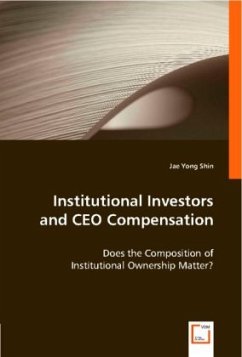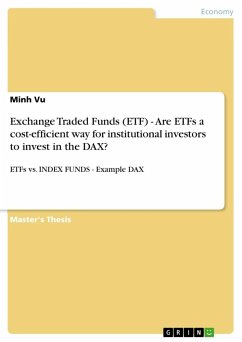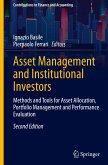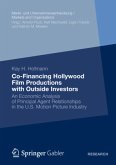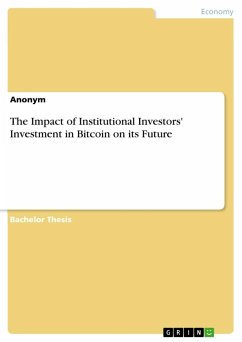Institutional investors have become increasingly important as equity holders in the U.S. financial market.This book investigates the relation between the structure of CEO compensation and the composition of firms' institutional ownership in terms of investment horizons and legal type. Consistent with regulators' and investors' concerns that myopic investment behavior by some institutional investors leads managers to fear an earnings disappointment, I provide evidence that in companies with more shares held by institutions with short-term investment horizons, executive compensation is structured with preference towards these short-term institutions' preferences (e.g., more use of stock options that do not need to be expensed and larger annual bonus penalties for missing quarterly earnings benchmarks). By documenting one potential consequence of firms' ownership structure that related to the various classes of institutional shareholders in term of investment horizons, this book should be of interest to regulators, investors, board of directors, and academicians who may need to identify and mitigate undue influences from short-sighted institutional investors.
